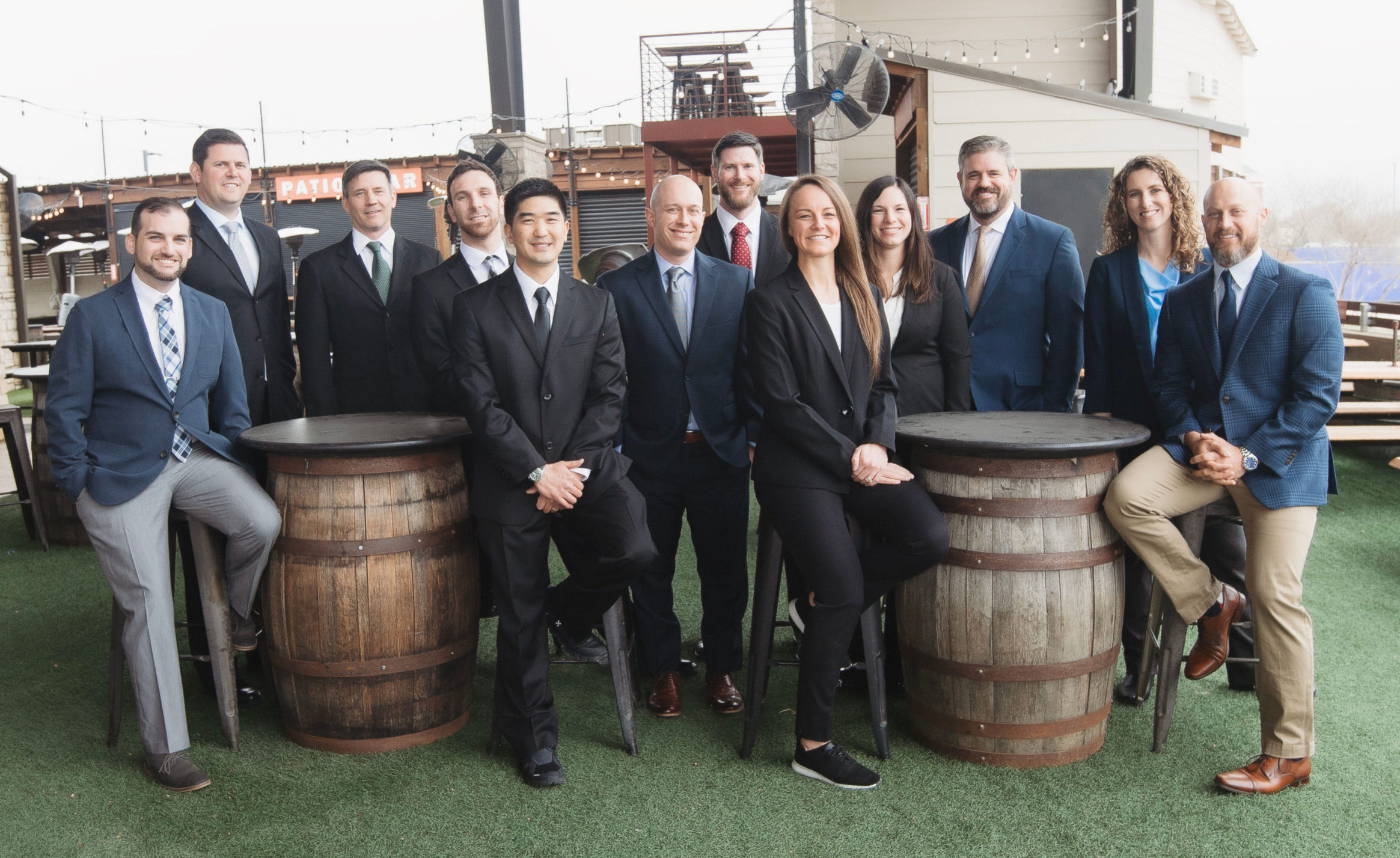Vestibular Rehabilitation Physical Therapy
What is Vestibular Rehabilitation Physical Therapy?
Vestibular Rehabilitation Therapy, often referred to as vestibular rehabilitation physical therapy, is a specialized form of therapy aimed at treating disorders related to the vestibular system. This system is crucial for maintaining balance and spatial orientation. When disrupted by injury, disease, or other factors, it can lead to dizziness, vertigo, imbalance, and coordination difficulties.
The goal of vestibular rehabilitation physical therapy is to address the root causes of these symptoms, helping patients regain balance and reduce dizziness. The therapy includes a variety of exercises designed to enhance the function of the vestibular system, such as head and eye movements, balance exercises, and habituation exercises to help the brain adapt to dizziness triggers.
What are the symptoms of Vestibular Disorders?
The vestibular system, located in the inner ear, is responsible for maintaining balance and spatial orientation. When this system is disrupted, it can lead to a range of symptoms:
- Vertigo: A sensation of spinning or dizziness.
- Balance Problems: Difficulty maintaining stability, leading to unsteady gait and increased fall risk.
- Nausea and Vomiting: Often accompanying vertigo and dizziness.
- Visual Disturbances: Blurred vision or difficulty focusing.
- Motion Sensitivity: Discomfort or dizziness triggered by movement.

Conditions Treated with Vestibular Physical Therapy
- benign paroxysmal positional vertigo (BPPV)
- vestibular neuritis
- labyrinthitis
- head injuries or concussions
- inner ear infections
- Meniere’s disease
- vestibular migraines
- surgeries affecting the vestibular system
- age-related balance issues

Components of Vestibular Physical Therapy
Comprehensive Assessment: Our therapists begin with a thorough evaluation to understand the specific nature of your vestibular disorder. This includes a review of your medical history, symptom assessment, and various diagnostic tests to pinpoint the underlying cause.
Customized Exercise Programs:
-
- Habituation Exercises: Designed to reduce dizziness through repeated exposure to specific movements or positions that trigger symptoms.
- Gaze Stabilization Exercises: Focused on improving control of eye movements so that vision remains steady during head movements.
- Balance Training: Exercises to enhance stability and coordination, reducing the risk of falls.
- Canalith Repositioning Maneuvers: Techniques such as the Epley maneuver to treat BPPV by repositioning displaced crystals in the inner ear.
- Coordination and strength exercises: These exercises strengthen and improve coordination, enhancing overall physical function and reducing fall risk.
Education and Training: Teaching patients about their condition and how to manage symptoms effectively. This includes strategies for dealing with dizziness, improving home safety, and preventing falls.
Manual Therapy: Hands-on techniques to improve neck mobility and address any musculoskeletal issues contributing to dizziness.
During a therapy session, patients can expect a tailored combination of exercises. The therapist will guide them through these exercises and monitor their progress. The frequency and duration of sessions depend on the severity of the condition and individual progress.
If you experience symptoms related to vestibular disorders, consulting a qualified physical therapist specializing in vestibular rehabilitation is crucial. They can provide a comprehensive assessment and develop a personalized treatment plan to improve your balance and reduce symptoms.
What are the Risks and Benefits of Vestibular Rehabilitation Physical Therapy?
- Temporary Symptom Increase: During the initial stages of therapy, some patients may experience a ‘rehabilitation flare-up,’ where symptoms temporarily worsen. These flare-ups are usually short-lived and subside as therapy progresses.
- Mild Discomfort or Muscle Soreness: After sessions, especially those involving stretching or muscle strengthening, some patients might experience mild discomfort or muscle soreness. This is a normal response and can be managed with rest, ice, and over-the-counter pain relievers if necessary.


Benefits of Vestibular Physical Therapy
- Temporary Symptom Increase: During the initial stages of therapy, some patients may experience a ‘rehabilitation flare-up,’ where symptoms temporarily worsen. These flare-ups are usually short-lived and subside as therapy progresses.
- Mild Discomfort or Muscle Soreness: After sessions, especially those involving stretching or muscle strengthening, some patients might experience mild discomfort or muscle soreness. This is a normal response and can be managed with rest, ice, and over-the-counter pain relievers if necessary.
Recovery and Outlook
Common symptoms during recovery include dizziness, vertigo, imbalance, and nausea. To manage these symptoms, it is recommended to take frequent breaks, avoid sudden head movements, and practice relaxation techniques like deep breathing exercises. Following the prescribed exercises and strategies provided by your physical therapist is crucial.
Long-term, vestibular rehabilitation aims to improve balance, reduce dizziness, and enhance quality of life. While most patients achieve significant improvement, some may require ongoing maintenance strategies to manage occasional symptoms. These strategies may include incorporating balance exercises into daily routines, maintaining a healthy lifestyle, and practicing stress reduction techniques.
At Therapy Partners, our team of physical therapists specializes in vestibular rehabilitation. We provide personalized care and guide you through every step of your recovery journey. Contact us today to schedule an appointment and start your path towards a better quality of life.
At Therapy Partners, our team of physical therapists specializes in vestibular rehabilitation. We provide personalized care and guide you through every step of your recovery journey. Contact us today to schedule an appointment and start your path towards a better quality of life.

